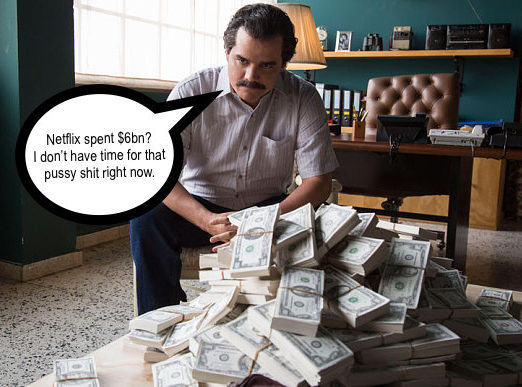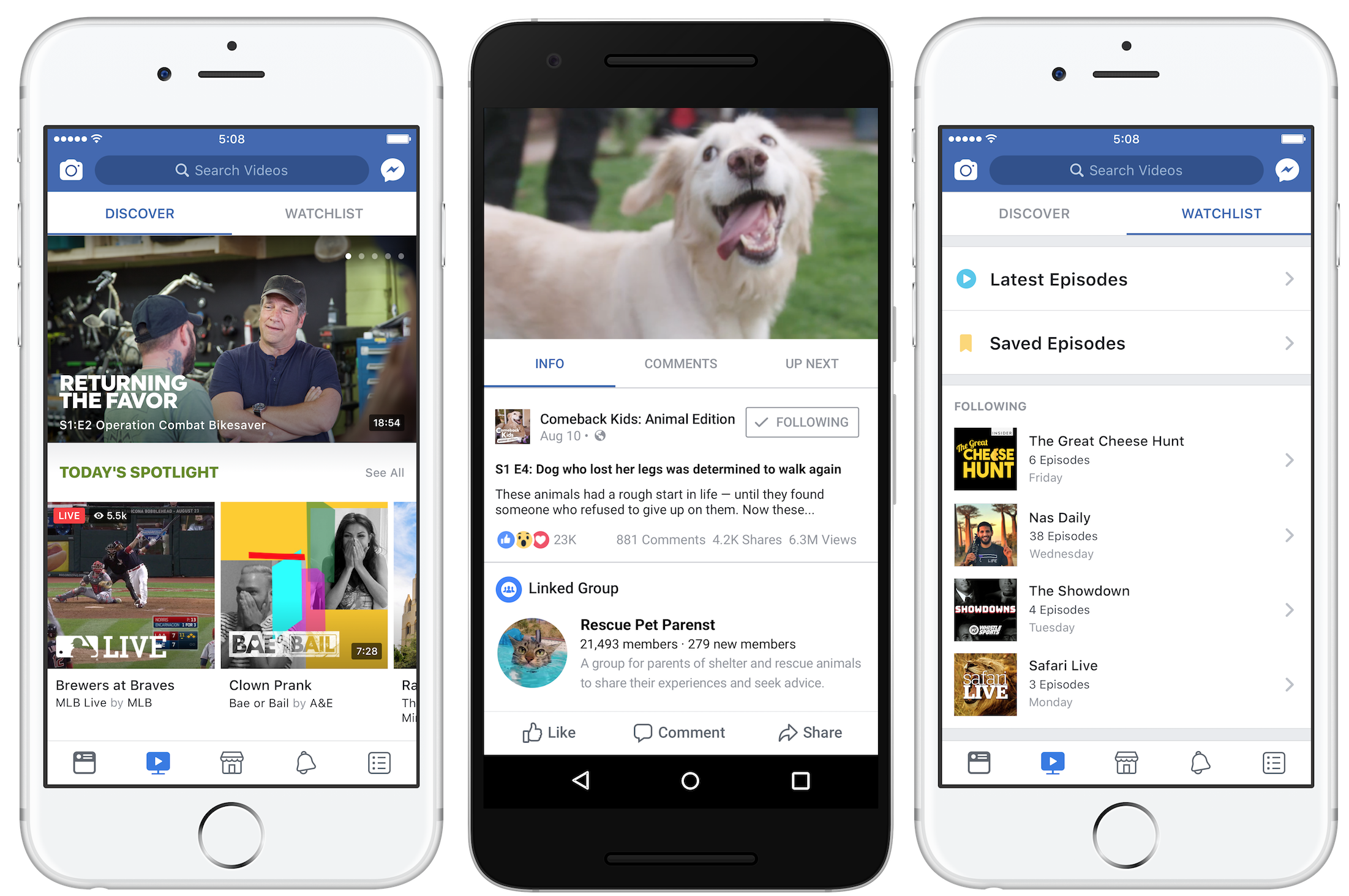Whilst it’s no secret that technology is changing the way we watch our favourite shows and generally consume media, when Facebook dedicates $1 billion to commissioning original video content it says something deeper about where this is all going.

The social media giant is clearly aiming to play hardball with other online and technological heavyweights who have already entered the content-creation scene; namely Youtube Red, Apple, Amazon Prime, Netflix and HBO. How this will all end is anybody’s guess, but in the short term we can guarantee there’s plenty of freebies in it for the viewers, especially the sports fans.
In fact, according to the Wall Street Journal, who leaked the news this week, the billion dollar figure is supposedly just the first step and will “fluctuate based on the success of Facebook’s programming.” And though it sounds like a big number, it’s modest compared to what rival streaming content producers are spending. Apple has dedicated the same figure for 2018, HBO pledged $2 billion, Amazon Prime Video reportedly dedicated a whopping $4.5 billion this year and Netflix trumped them all with a $6 billion spend.

What is all this money paying for exactly? Well apart from what we hope will be a swathe of mind-blowingly high quality independent drama and insightful factual series and one-off features, this parable is much like a digital rerun of the old analog TV days. In a nutshell, the biggest battles currently raging centre around good old sports. For example, recently Facebook lost a $600 million bid to secure five-years of streaming rights for Indian Premier League cricket matches. The winner of that tactical bit of digital real estate went to 21st Century Fox’s Star India for a whopping $2.55 billion.
Facebook did manage to secure live-streaming of a weekly Major League Baseball game and Major League Soccer, plus ESL eSports content. It however lost out on NFL’s “Thursday Night Football” 10-game package to Twitter in 2016 and Amazon this year.
What we can say with confidence is that their first toe dip into the content arena is modest and centres around ‘making TV a more social experience’, as exemplefied by the new Watch feature. Here the offerings concentrate on reality shows and viral-friendly short-form content, over expensive long-format films and TV series. However their sights are fixed on much headier heights as the dollar-value grows.

Facebook’s VP of media partnerships, Nick Grudin, recently highlighted Facebook’s direct funding plans, stating that “over time we want to help lots of creators make videos funded through revenue sharing products like Ad Break”. Product management leader Daniel Danker added that social media platforms like Facebook are naturally sharing spaces where you can trade information and video content with friends. he adds that “video has this amazing power to bring people together and build community,” hinting at the ambitious level of integration Facebook has in mind for it’s social platform/ content future.
In an era where content is clearly king, and he who controls what people are watching controls the digital throne, investment is set to rise as consumers reap the benefits of a truly bloody content war to rival the epic upcoming battle in Game of Thrones. Who will emerge the victor and how will it impact our viewing behaviours? Watch this space!






